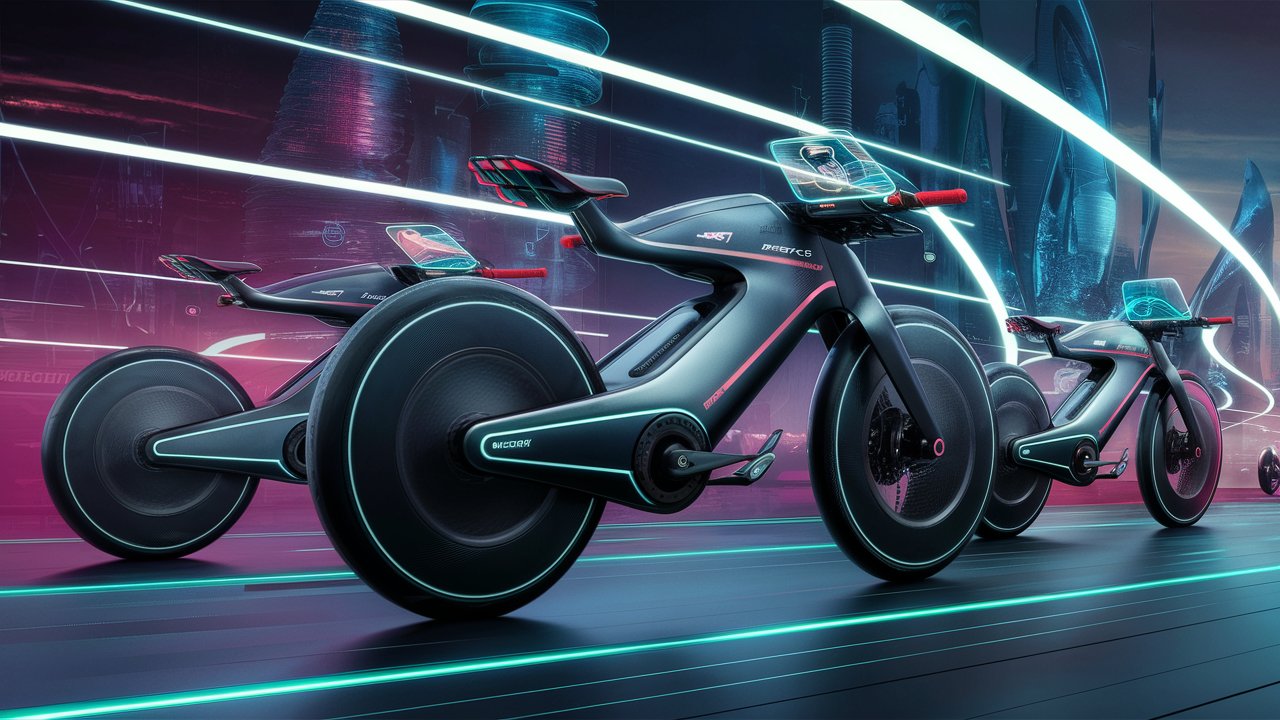Save the World, One Ride at a Time: The Eco-Friendly Choice
| Key Takeaways |
|---|
| Far more energy efficient than gas vehicles |
| Produce zero operational emissions |
| Convenient for replacing short car trips |
| Promote sustainable micro-mobility infrastructure |
| Lower lifetime costs than ownership alternatives |
Overview
Traffic congestion strangles city roads every morning with individuals prioritizing convenience in climate-hostile vehicles instead of embracing shared transport. Cars only transport 1.2 passengers on average amidst this stagnation while perpetuating 15% of greenhouse emissions globally. Their collapsing convenience demands sustainable mobility alternatives centered around electric scooters.
This guide examines how embracing electric scooters delivers outsized sustainability benefits beyond conscience soothing. Read on to discover how converting short drives unlocks savings for commuters and cities alike. Collective action accumulates one ride at a time.
Drastically Higher Efficiency
Contrary to camel polluting perception, electric scooters run exceptionally clean. Standard lithium batteries powering electric motors convert over 80% stored energy into movement – triple the efficiency of car engines. Without any direct operational emissions, carbon output localizes to manufacturing instead of accruing day after day.
Further, their lightweight builds maximize energy usage for small regular commutes compared to underutilized 2+ tonne vehicles sitting in traffic. Impressively, electric models even surpass pedal bikes in energy efficiency thanks to stability at higher speeds. Ditching cars for just urban trips optimizes existing infrastructure emissions-free.
Offsetting Significant Emissions
Urban landscapes stretching further with sprawl induces vehicle reliance as distances outgrow bicyclist willingness. With operational efficiency translating hugely reduced and indirect emissions, electric scooters present the conveniently killer app for minimizing transport pollution over reworking city layouts completely.
Studies across European cities found that suburban e-scooter commuting offsets 300kg and 500kg of CO2 emission yearly if replacing conventional scooter and mid-size car trips respectively by eliminating greenhouse exhaust. Scale benefits multiply as adoption spreads. Cities have the tools if residents have the will.
Ideal for Short Trips
Vehicles waste over half tank capacity lugging excessive chassis and engine weights during short drives before warming up to peak efficiency. Electric scooters bypass this with quick instant torque and lightweight frames to stay energy efficient across brief 5km rides. As trips lengthen the marginal emission advantage narrows from battery production before converging around 30-50km. Displacing shorter car trips optimally diminishes greenhouse impact.
With over 60% of urban car trips spanning under 10km on average and 25% shorter than 3km, significant room exists for converting drives better served by scooters. The trip length sweet spot saving 5x total emissions means commuters benefit financially while cities breathe easier. Unlocking mobility and sustainability just requires embracing best vehicle match.
Promotes Infrastructure Progress
Detractors hesitant to rely on electric scooters without extensive dedicated infrastructure misunderstand their utility for catalyzing adoption and access viability. Early embracing fuels proof cases that lightweight mobility succeeds when replacing vehicle trips most favorable to conversion. Building demand and evangelizing inherent benefits drives policy supporting incentives and infrastructure investment from ROI mindset governing decisions.
Scooter usage surging on fragmented networks demonstrates willingness that cities acknowledge by prioritizing bike lanes and parking. Progress sustainability requires participation. Joining the revolution converts another car commuter every trip into protected lanes and societal momentum towards fossil fuel independence one ride at a time.
Ownership Cost Savings
Sticker cost of acquiring electric scooters appears higher than continuing paying for public transit passes and car fuel assuming trapped pre-existing infrastructures. However incorporating lifetime operating costs including ongoing fuel, maintenance, parking fees, and deteriorating efficiency reveals e-scooters achieving the lowest net expense almost 3 times cheaper per mile than alternatives as distances accumulate yearly.
The $1000 average upfront investment washes out against $2000+ in annual transit and car costs. This sustainable choice does not force commuting discomfort requiring sacrifice. Unlocking substantial mobility savings empowers transition.
Key Takeaways
Embracing electric scooters enables participating in sustainable transport alternatives conveniently improving commutes and cities simultaneously simply by redirecting existing short drives. Join collective momentum realizing immense efficiency from lighter mobility.
Conclusion
Electric scooters promise realizing cleaner urban living by tackling disproportionate vehicle emissions plaguing metropolitan health through dropping barriers blocking sustainable decisions. Their distributed grab and go accessibility empower citizens optimizing communities. Progress flows from participation – ride the wave, breathe easier.
